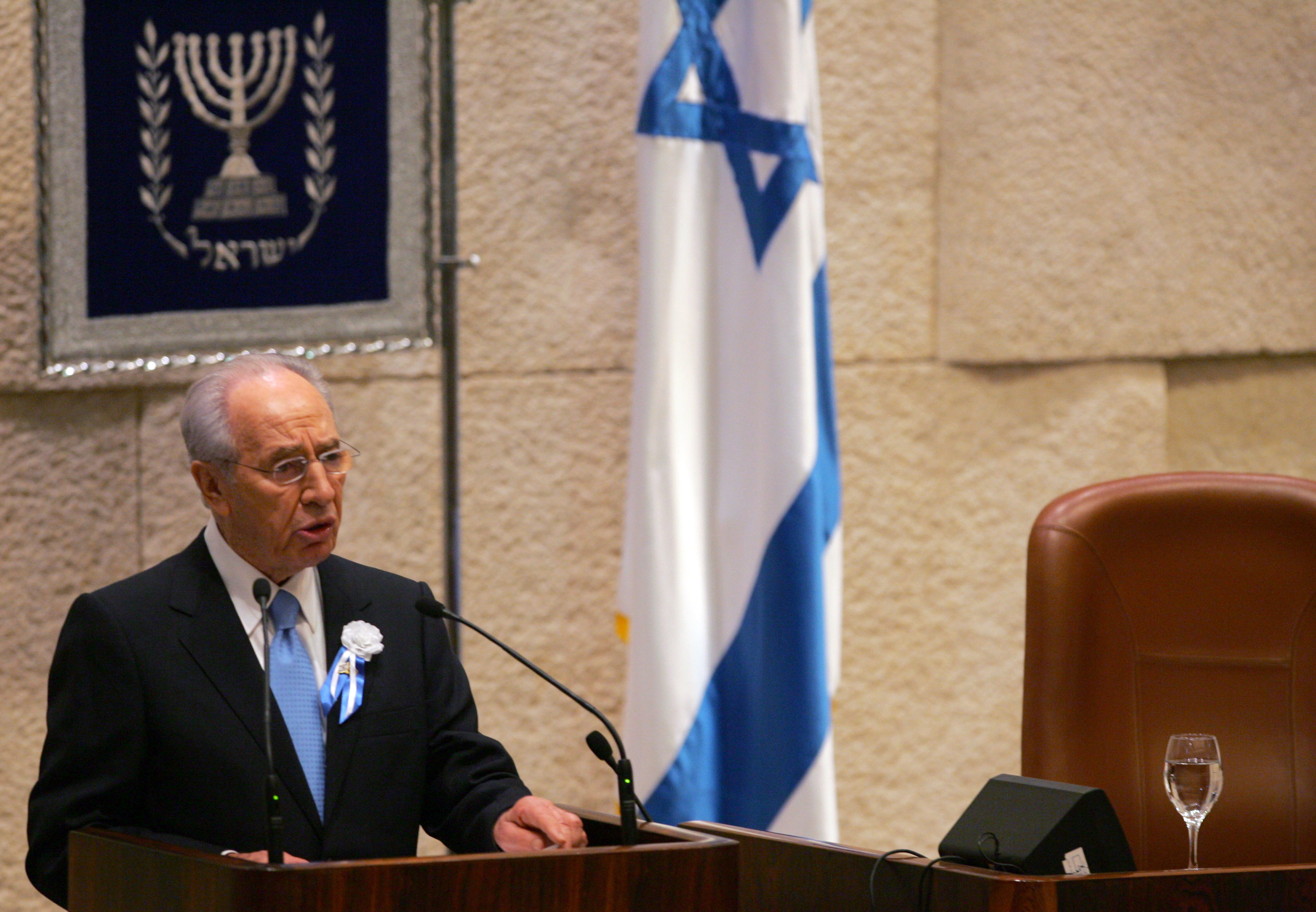Death of Shimon Peres
The former President of Israel Shimon Peres passed away today at the age of 93 after suffering a major stroke two weeks ago. Active in Israeli politics for 70 years, one of the fathers of the Jewish State, the Israeli statesman combined realism with the dream of peace, turning it into one of his most distinctive traits, recognized with the conferral of the Nobel Prize for Peace in 1994, after signing the Oslo Agreements (1993). And notably reconfirmed in his speech at the historic meeting hosted by Pope Francis at the Vatican Gardens on June 8 2014 with President Mahmoud Abbas (Abu Mazen) and Ecumenical Patriarch Bartholomew. On that day they planted an olive tree together, a symbol of peace.

The image that best represents the life of the ex Israeli President Shimon Peres – Nobel Peace Prize laureate – who passed away today at the age of 93 after suffering a major stroke two weeks ago, is the photograph picturing him in the Vatican Gardens on June 8 2014, taking up the shovel used to break ground for the plating of an olive tree, a traditional symbol of peace, together with Palestinian President Mahmoud Abbas (Abu Mazen), and with Ecumenical Patriarch Bartholomew, hosted by Pope Francis.
Jerusalem, peace. On that occasion Peres delivered a short yet significant speech, in which he pronounced the word “peace” as many as 25 times, the first time quoting from the Psalms (122: 6-9): “Pray for the peace of Jerusalem.” A natural appeal, since in Hebrew the word ‘Jerusalem’ and the word ‘peace’ have the same root. The entire life of ex-President Shimon Peres, one of the fathers of the State of Israel – active in Israeli politics for nearly 70 years, holding all the major government offices – was starred with his quest for dialogue. As a young man he had been a member of the Haganah, the Jewish paramilitary organization in the British Mandate of Palestine, eventually integrated into the Israeli Armed Forces, and was appointed director general for Defense, taking part, inter alia, in the Suez War against Egypt in 1956.
A hawk-turned-dove, until, in 1994, he was awarded the Nobel Prize for Peace with his Israeli colleague Yitzhak Rabin – killed on November 4 1995 in Tel Aviv by a Jewish extremist – and with Palestinian leader Yasser Arafat, in recognition of the signing of the Oslo Agreements on September 13 1993. Since then the Israeli leader had to experience many, tragic events, inside and outside Israel’s borders: the second Intifada, the rise of Hamas, the suicide-bombers. All the contradictions of history were overcome with realism and with the strength of a dreamer who knew, as he said in his speech of June 8 2014 in the Vatican Gardens, that “Two peoples – Israelis and Palestinians – still are aching for peace. The tears of mothers over their children are still etched in our hearts.
We must put an end to the cries, to the violence, to the conflict. We all need peace. An aspiration we all share: Peace”
Turning to Pope Francis, he said: “Let true peace become our legacy soon and swiftly. Our Book of Books commands upon us the way of peace, demands of us to toil for its realization.”
That speech, that could be defined as his spiritual will, transmits the awareness that “Peace does not come easy. We must toil with all our strengths to reach it. To reach it soon. Even if it requires sacrifice or compromise. This is to say, we are commanded to pursue after peace. All year.
Every day. We greet each other with this blessing. Shalom. Salam.”
Peres’ heritage is encompassed in this phrase: to dream of peace, “to pursue peace” with the hope that those who will come after him may resume the grip of that shovel to complete the planting of the olive-tree, making it grow strong and lush.